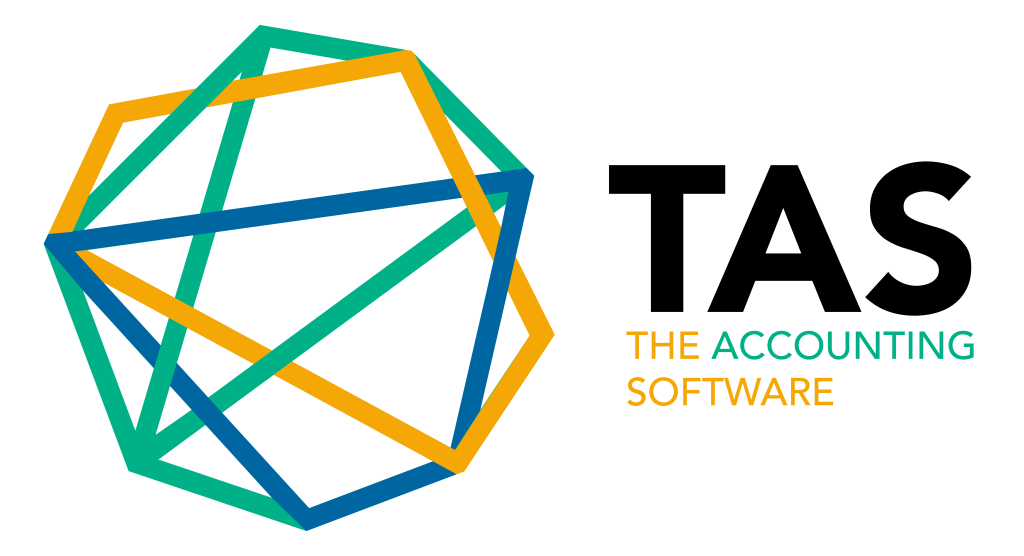Budgeting is the cornerstone of financial stability and growth for any business, particularly for small and medium-sized enterprises (SMEs) in Egypt. For SMEs, effective budgeting can help ensure sustainability, improve cash flow, and provide a roadmap to achieve long-term goals. This guide will cover practical budgeting tips that Egyptian SMEs can use to better manage their finances and achieve business success.
Why Is Budgeting Important for SMEs?
Budgeting helps SMEs allocate resources effectively, plan for future growth, and avoid financial pitfalls. Here are a few reasons why budgeting is critical:
- Financial Control: A budget provides a clear view of expected income and expenses, helping businesses avoid overspending.
- Improved Cash Flow Management: Proper budgeting helps SMEs manage their cash flow, ensuring there are enough funds to cover operational expenses.
- Goal Setting: Budgets serve as a financial plan that helps businesses set and achieve their goals. Whether you want to expand, invest in new equipment, or hire staff, budgeting helps you stay on track.
Key Steps to Effective Budgeting for Egyptian SMEs
1. Assess Your Financial Situation
Before creating a budget, assess your current financial situation. Review your income, expenses, debts, and cash flow. Understanding where you stand financially will help you create a realistic and effective budget.
2. Set Clear Financial Goals
Define both short-term and long-term financial goals. Short-term goals could include reducing expenses or saving for a specific project, while long-term goals might include expanding to new locations or increasing profitability by a certain percentage.
3. Estimate Income and Expenses
Make a list of all potential income sources, including sales revenue, grants, or loans. Next, estimate your fixed and variable expenses. Fixed expenses are recurring costs like rent and salaries, while variable expenses include costs that can fluctuate, such as marketing and inventory.
4. Identify Cost-Cutting Opportunities
Review your expenses to identify areas where you can reduce costs. Look for unnecessary expenses or areas where you might be overspending. Effective cost management helps improve your profit margins and cash flow.
5. Create a Cash Flow Budget
A cash flow budget is particularly important for SMEs. It helps track when cash is expected to come in and when it needs to go out, allowing you to prepare for any potential cash shortfalls. Tools like TAS Online can help automate cash flow management and provide real-time insights into your financial position.
6. Monitor and Adjust Your Budget
Budgeting is not a one-time activity. Regularly monitor your budget and compare your actual financial performance to your projections. This allows you to adjust your budget as necessary and ensures you stay on track to achieve your goals.
Common Budgeting Challenges for Egyptian SMEs
1. Unpredictable Cash Flow
Many SMEs struggle with unpredictable cash flow, which makes budgeting difficult. Late payments from customers and unexpected expenses can lead to cash flow gaps.
Solution: Establish clear payment terms with customers and use automated invoicing tools like TAS Online to streamline payments and improve cash flow predictability.
2. Lack of Financial Expertise
Budgeting requires a basic understanding of finance, and many SME owners may not have the necessary background.
Solution: Utilize user-friendly financial software like TAS Online that simplifies budgeting and provides templates, or seek professional financial advice to help build a robust budget.
3. Overestimating Revenue
Being overly optimistic about revenue can lead to budgeting issues, as it creates a gap between projected and actual income.
Solution: Be realistic with revenue projections by basing them on historical data and market trends. Avoid overestimating income, and always create a contingency plan for unexpected shortfalls.
Tools to Simplify Budgeting for SMEs
1. TAS Online
TAS Online provides budgeting tools tailored to the needs of Egyptian SMEs. With real-time data, automated cash flow tracking, and budgeting templates, TAS Online helps SMEs create accurate budgets and manage finances more effectively.
2. Spreadsheets
For SMEs just starting with budgeting, spreadsheets can be a simple and effective tool. They allow you to list income, expenses, and cash flow projections in one place. However, they require manual updating and are prone to human error compared to automated software.
3. Budgeting Apps
There are various budgeting apps available that can be particularly useful for SMEs. These apps often include features such as spending alerts, goal tracking, and cash flow management, making budgeting more straightforward.
Best Practices for Effective Budgeting
- Be Conservative with Estimates: Use conservative estimates for income and overestimate expenses slightly to account for unforeseen costs.
- Review Regularly: Set aside time each month to review your budget and adjust it as needed. Regular reviews help you catch potential problems early.
- Plan for the Unexpected: Set up an emergency fund to cover unexpected expenses, ensuring that unplanned events do not derail your business.
- Involve Your Team: If you have a team, involve key employees in the budgeting process. They can provide valuable insights into their respective areas, making the budget more accurate and realistic.
Conclusion
Budgeting is an essential part of managing an SME in Egypt. It provides financial direction, helps control costs, and ensures that you have the resources to achieve your business goals. By using tools like TAS Online and following best practices, you can create a budget that supports your business’s growth and success.
Ready to take control of your finances? Explore TAS Online today and discover how it can help you budget effectively and drive your SME towards financial success.
